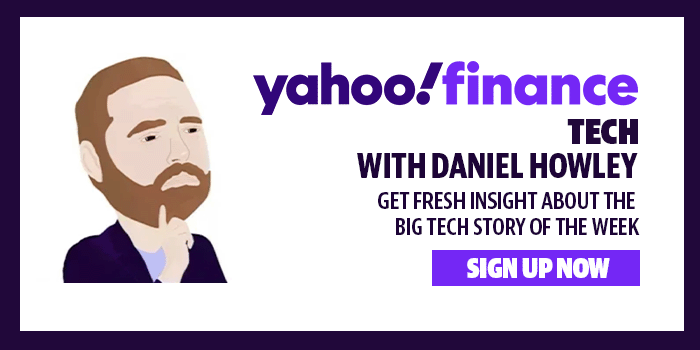Microsoft (MSFT) and OpenAI are getting a lot closer as the companies announced that Microsoft’s Bing search engine will now be a part of OpenAI’s ChatGPT.
The move, unveiled during Microsoft’s Build developer conference on Tuesday, means that the search engine could reach a wider audience of users and potentially drive greater market share for Bing.
The search engine will be available today for ChatGPT Plus subscribers, and available to free ChatGPT users in the near future via a plugin.
According to Microsoft CVP and Consumer Chief Marketing Officer Yusuf Mehdi, the integration will mean ChatGPT will be able to provide more up-to-date answers to user queries than ChatGPT alone. ChatGPT doesn’t currently pull in new information from the web, but rather was trained on a specific dataset. That means the chatbot can answer questions about timely topics.
By adding Bing search to the bot, that should begin to change, making the bot more helpful.
Microsoft is adding its Bing browser to OpenAI’s ChatGPT. (Image: Microsoft)
It doesn’t hurt that adding Bing to ChatGPT will ensure that more users get access to Microsoft’s search engine. The platform, which the company revamped in the search engine in February, adding generative AI capabilities to the software and leaping ahead of market leader Google’s own search engine.
Since then, however, Google (GOOG, GOOGL) has launched its own chatbot and debuted an experimental version of its search engine complete with generative AI functionality.
Microsoft isn’t hoping to dethrone Google overnight, though. The company has specifically said that it is looking to snatch small pieces of its rival’s market share at a time. According to Microsoft 1% of market share in the search market is worth roughly $2 billion.
Sign up for Yahoo Finance’s tech newsletter.
The Bing announcement comes less than a week after OpenAI revealed its ChatGPT app for iOS. The company says it’s also working on a version of ChatGPT for Android users.
In addition to adding Bing to ChatGPT, Microsoft also announced generative AI capabilities for Windows, known as Windows Copilot, as well as third-party plugins for its AI offerings, and the ability for enterprise customers to build their own chatbots using Microsoft’s Bing technology.
Google isn’t the only threat to Microsoft’s generative AI plans. Meta (META) is also investing heavily in the space, and, according to Fortune, Apple (AAPL) is staffing up for its own generative AI efforts.
Daniel Howley is the tech editor at Yahoo Finance. He’s been covering the tech industry since 2011. Follow him @DanielHowley
Click here for the latest stock market news and in-depth analysis, including events that move stocks
Read the latest financial and business news from Yahoo Finance
Originally published May 23, 2023 at 11:00 AM



